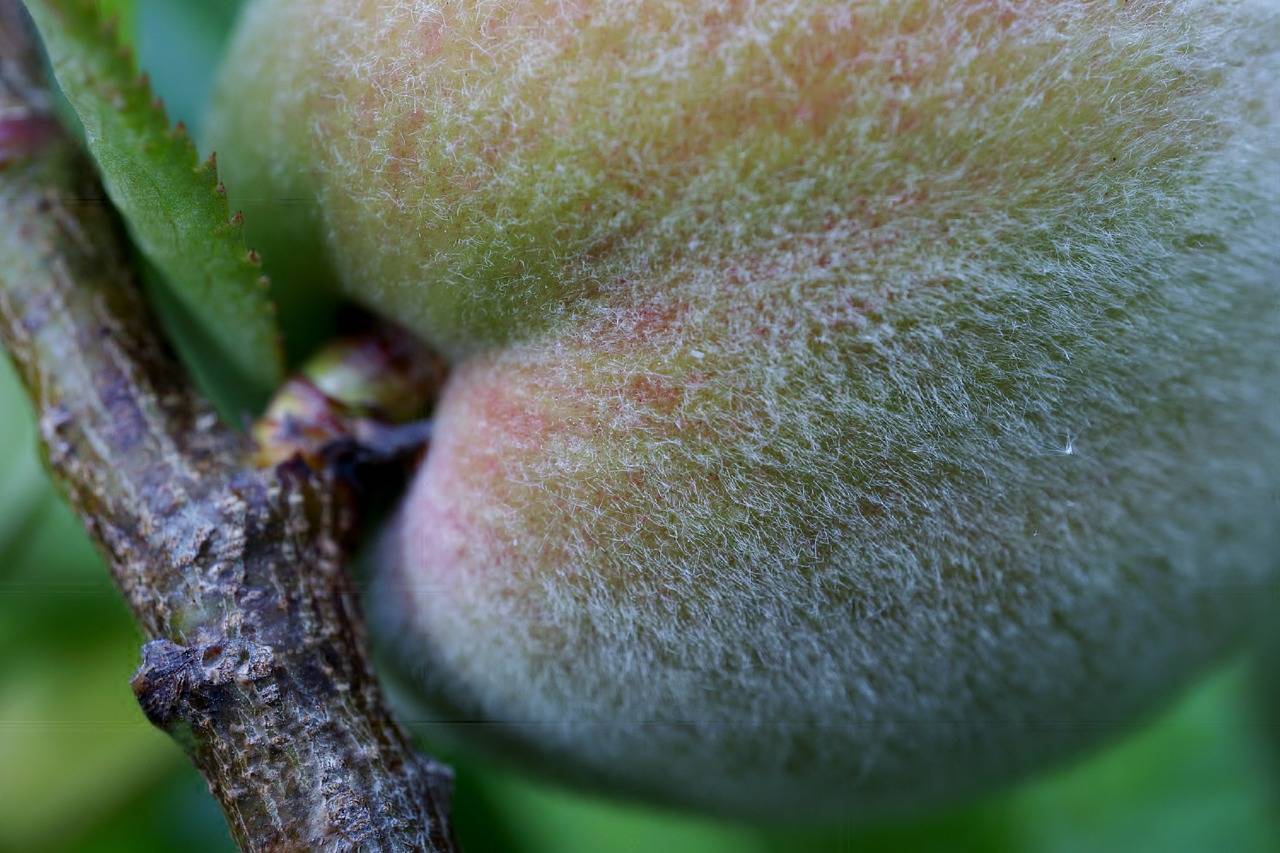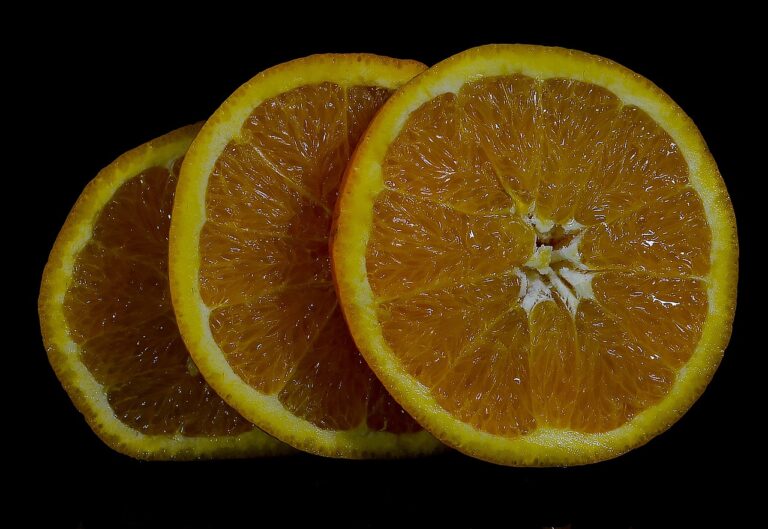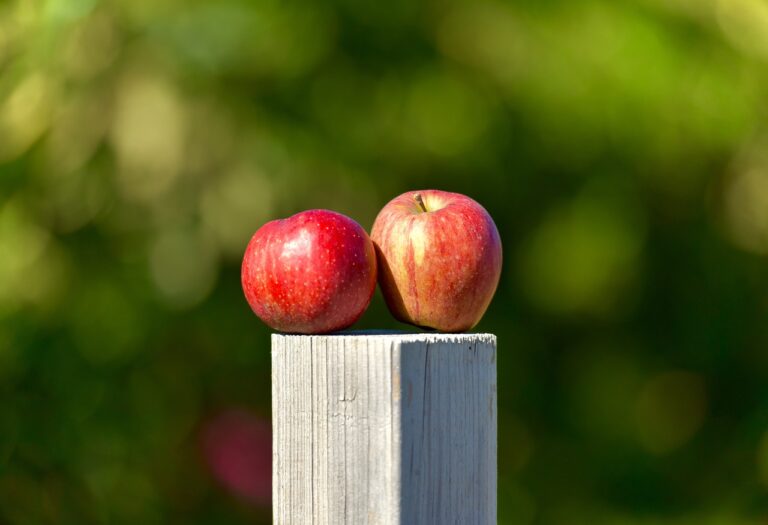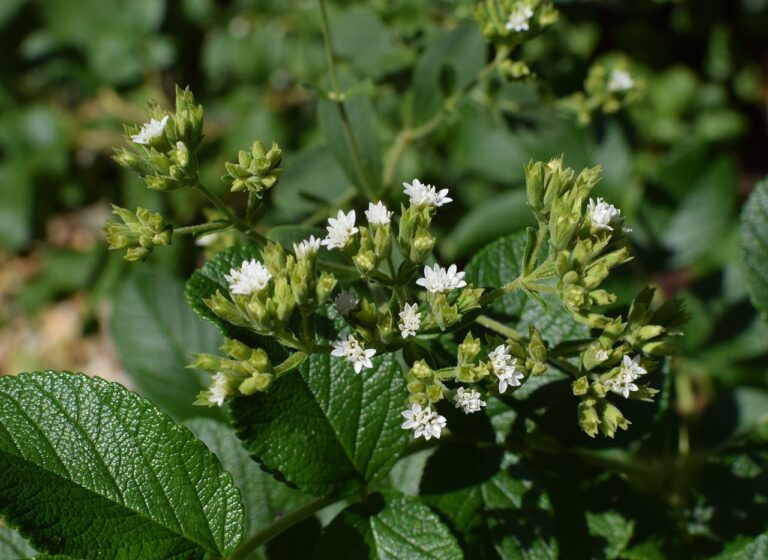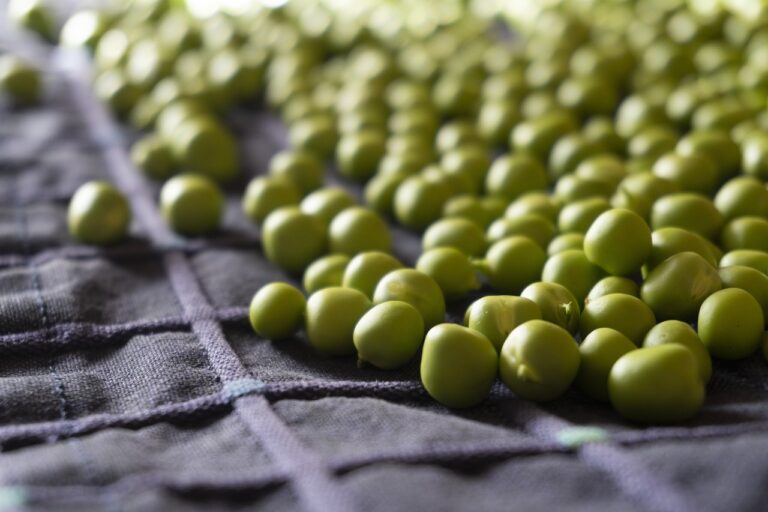Microbial Biotechnology: Harnessing Microorganisms for Industrial Applications: Goldbet7. com, Radhe exchange, 11x play
goldbet7. com, radhe exchange, 11x play: Microbial Biotechnology: Harnessing Microorganisms for Industrial Applications
Microbial biotechnology is a rapidly growing field that utilizes microorganisms for various industrial applications. These microscopic organisms, such as bacteria, fungi, and algae, have been harnessed for their unique abilities to produce enzymes, chemicals, and biofuels, among other valuable products.
The use of microorganisms in biotechnology has revolutionized many industries, including agriculture, pharmaceuticals, and food production. By manipulating the genetic makeup of these organisms, scientists can create strains that are more efficient at producing desired products or carrying out specific tasks.
One of the most well-known applications of microbial biotechnology is the production of antibiotics. Many of the antibiotics used to treat bacterial infections are produced by bacteria themselves. By isolating and purifying these compounds, scientists have been able to develop life-saving medications that have revolutionized modern medicine.
In addition to antibiotics, microorganisms are also used to produce a wide range of enzymes that are used in various industrial processes. For example, enzymes produced by bacteria and fungi are used in the production of biofuels, textiles, and detergents. These enzymes are highly specific and efficient, making them valuable tools for a wide range of industries.
Another important application of microbial biotechnology is the production of bioplastics. Traditional plastics are derived from petroleum, a non-renewable resource that has a significant impact on the environment. Bioplastics, on the other hand, are derived from renewable resources like corn and sugarcane and are biodegradable, making them a more sustainable alternative.
Despite the many benefits of microbial biotechnology, there are some concerns about its safety and environmental impact. Some genetically modified organisms (GMOs) used in biotechnology have the potential to escape into the environment and disrupt ecosystems. Additionally, the use of large quantities of microorganisms in industrial processes can lead to the pollution of air and water.
In conclusion, microbial biotechnology is a powerful tool that has the potential to revolutionize many industries. By harnessing the unique abilities of microorganisms, scientists can create sustainable and environmentally friendly solutions to some of the world’s most pressing challenges.
Frequently Asked Questions:
1. What are some examples of products produced using microbial biotechnology?
Products such as antibiotics, enzymes, biofuels, and bioplastics are commonly produced using microbial biotechnology.
2. What are the potential risks associated with microbial biotechnology?
Some potential risks include the escape of genetically modified organisms into the environment and pollution of air and water from industrial processes.
3. How can microbial biotechnology help address environmental challenges?
By using renewable resources and biodegradable materials, microbial biotechnology can help reduce the environmental impact of industrial processes.

